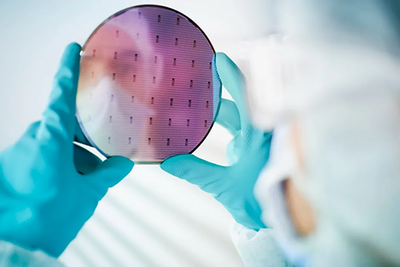
Today, silicon carbide is used in demanding semiconductor applications like trains, turbines, electric vehicles and smart grids. Due to its physical and electrical properties, SiC-based devices are suitable for applications in which high temperature, high power density and high operating frequency are common requirements.

The latest zonal architecture promises to simplify vehicle electrical infrastructures, potentially saving weight and complexity while enhancing reliability, safety, and security. As this new approach is adopted, software-based virtual machines with hardware-based I/O Virtualization are needed to manage resources and ensure isolation.
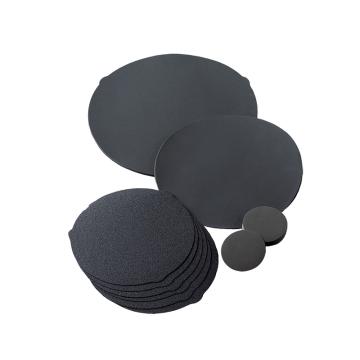
Silicon carbide (SiC) power devices have been widely used in server power supplies, energy storage systems and photovoltaic inverters. In recent years, the shift to electric drive in the automotive industry has driven the growth of silicon carbide (SiC) applications, and has led design engineers to focus more on the benefits of the technology and broaden its application areas.
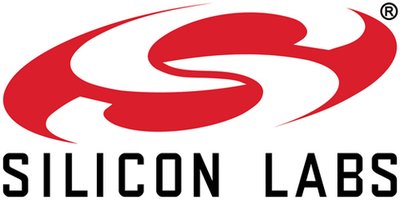
MikroElektronika is an embedded solutions company that dramatically reduces development time by providing innovative hardware and software products based on mature standards. Silicon Labs, a leader in secure, smart wireless technology for a more connected world, has become the first IC vendor to support mikroSDK 2.0 Click Board
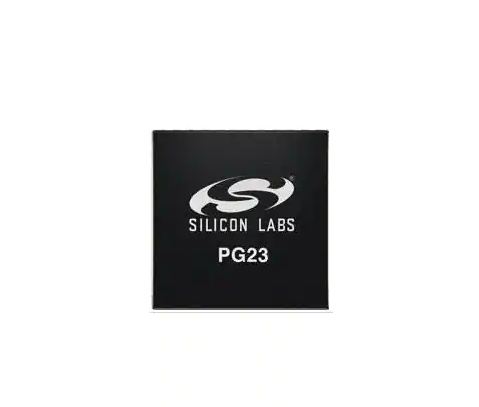
Silicon Labs' new 32-bit MCU EFM32PG23 and 8-bit MCU EFM8BB50 products are designed to help developers accelerate product prototyping with a more optimized design architecture. The PG23 and BB50 not only further expand Silicon Labs' MCU portfolio, but also leverage small size and low power design to meet the needs of a variety of micro, battery devices and iot applications.
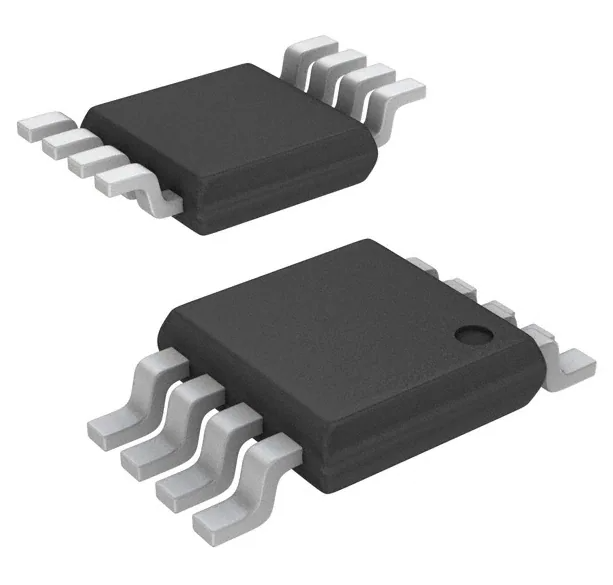
The TSA7887 is a stand-alone, 2-channel, high-speed, micro-power, 12-bit analog-to-digital converter (ADC) capable of powering from a single +2.7V to +5.25V power supply. The TSA7887 has a throughput rate of 125 ksps and an external 2MHz serial clock, and obtains a supply current of 0.85mA. The TSA7887 is fully specified from -40ºC to +125ºC and is available in 8-pin SOIC and MSOP packages
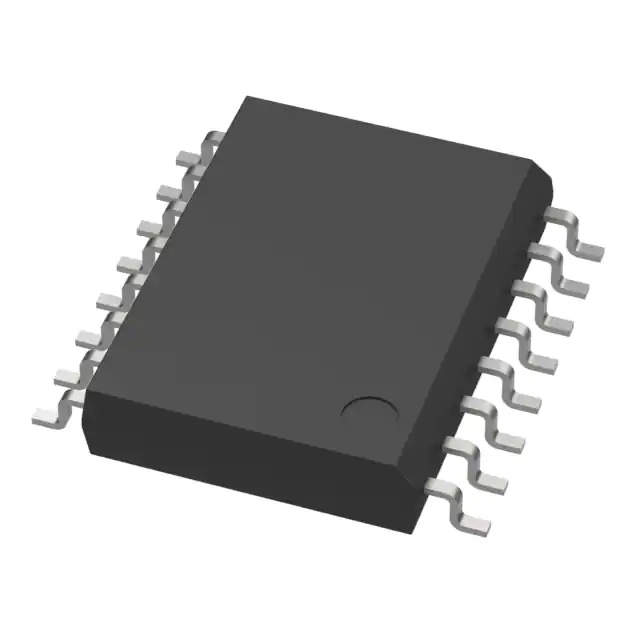
Silicon Lab's ultra-low power digital isolators family are CMOS devices that offer significant data rate, propagation delay, power, size, reliability, and external BOM advantages over traditional isolation technologies. Car grades can be used for some parts numbers. These products are built using car-specific processes at all steps in the manufacturing process to ensure the robustness and low defects required for automotive applications.
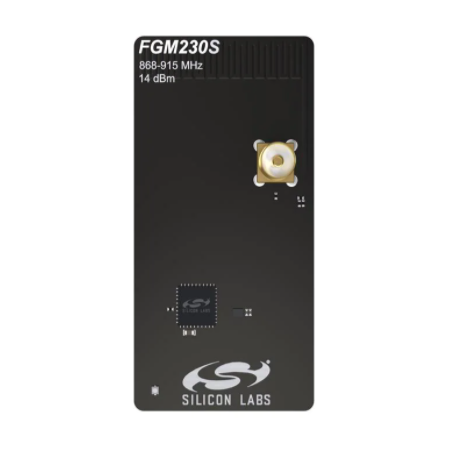
Rapidly create security, lighting, smart home, metering, and building automation systems with Silicon Labs FGM230S module. This module provides sub-GHz IoT wireless connectivity with a long range that is not susceptible to 2.4 GHz interference.
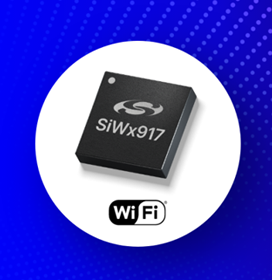
Silicon Labs' newly released SiWx917 series wireless SOCs are ideal for ultra-low power iot wireless devices that enable secure cloud connectivity using Wi-Fi, Bluetooth, Matter, and IP networks. Targeted applications include smart home, health and fitness, medical, industrial, smart buildings and cities, asset tracking, and more.

Silicon Labs, a leading manufacturer committed to creating a more connected world with secure and intelligent wireless technologies, has announced the launch of its new BGM240P and MGM240P PCB modules. The module is designed to provide faster time-to-market for connected products for smart home and industrial applications
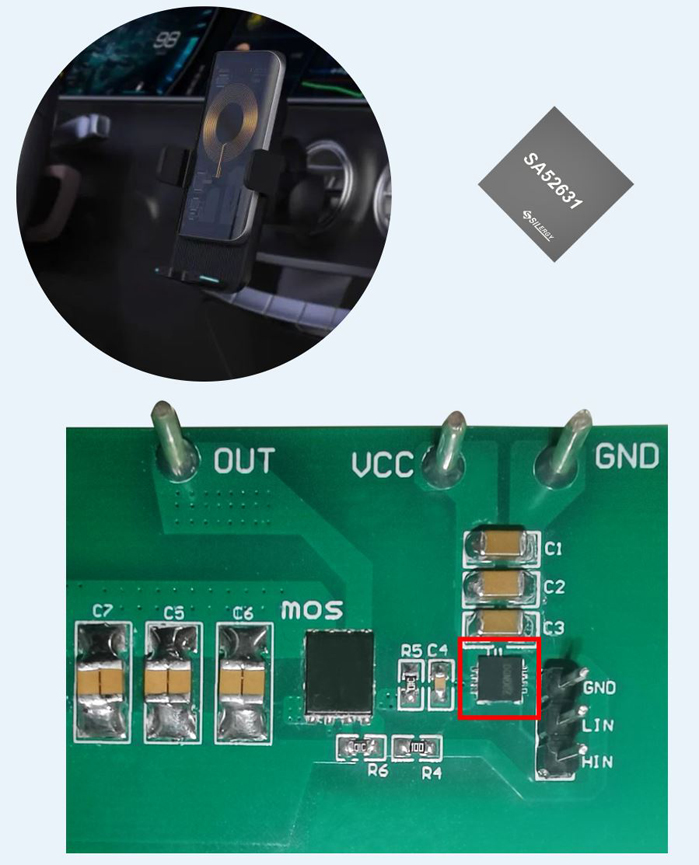
The SA52631 is a high pressure high and low side half-bridge driver designed to directly drive high and low side channels. Half-bridge channels can be used to drive 40V N-channel MOSFETs in high-end configurations. SA52631 has excellent matching accuracy and disturbance rejection, which is suitable for application scenarios such as motor drive, on-board wireless charging, and electronic body stability system
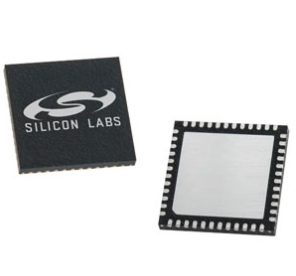
The ZGM230S Z-Wave 800 SiP module from Silicon Labs. Built on its low-power Wireless Gecko platform, the next-generation Z-Wave 800 device allows rapid development of energy-efficient, long-range interoperable Z-Wave mesh network solutions for smart home IoT devices
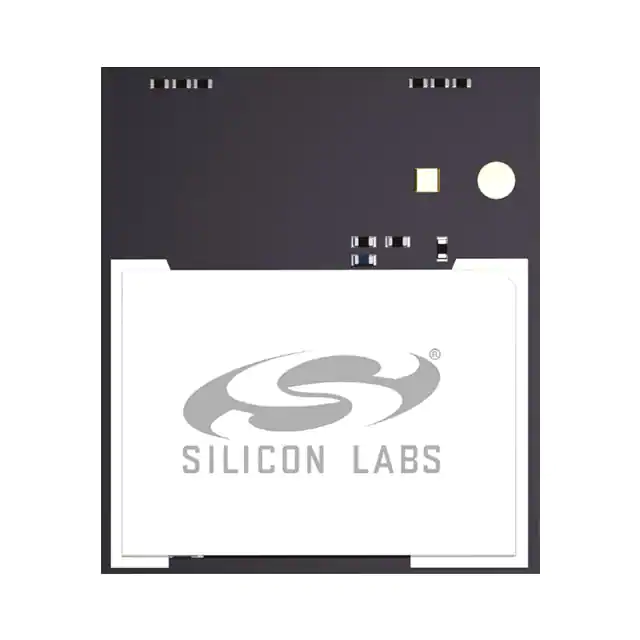
Silicon Labs xGM240P radio board is designed to work with the WSTK main board (not included) to support the development of 2.4 GHz wireless IoT devices for protocols including Bluetooth Low Energy (BLE), Bluetooth mesh, Thread, Matter, and Zigbee. The xGM240P module radio board comes in +10 dBm and +20 dB.
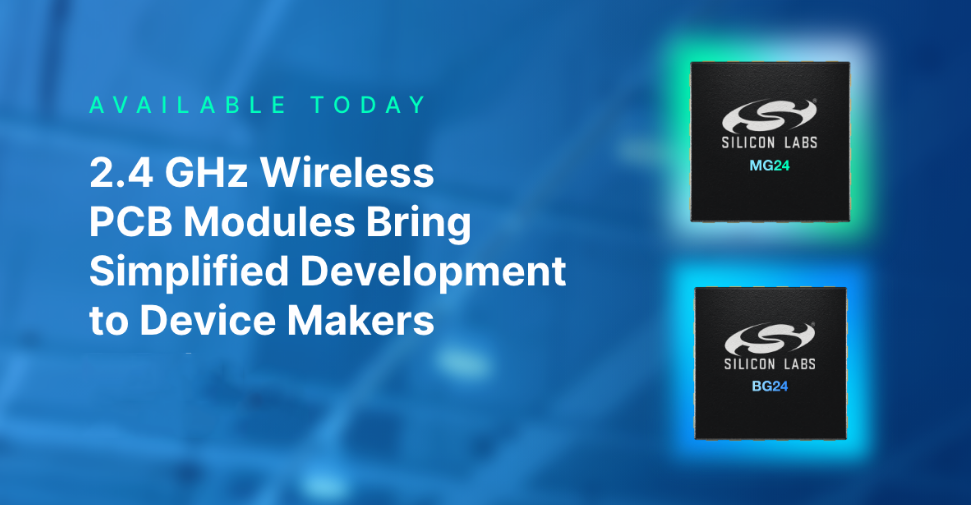
Silicon Labs launches a new 2.4 GHz wireless PCB module to provide IoT device manufacturers with a faster and simpler development process. As an expansion product of the BG24 and MG24 series of wireless SoCs, this series of modules can be more flexible to create smarter, more Faster, more energy-efficient applications while protecting end-user privacy
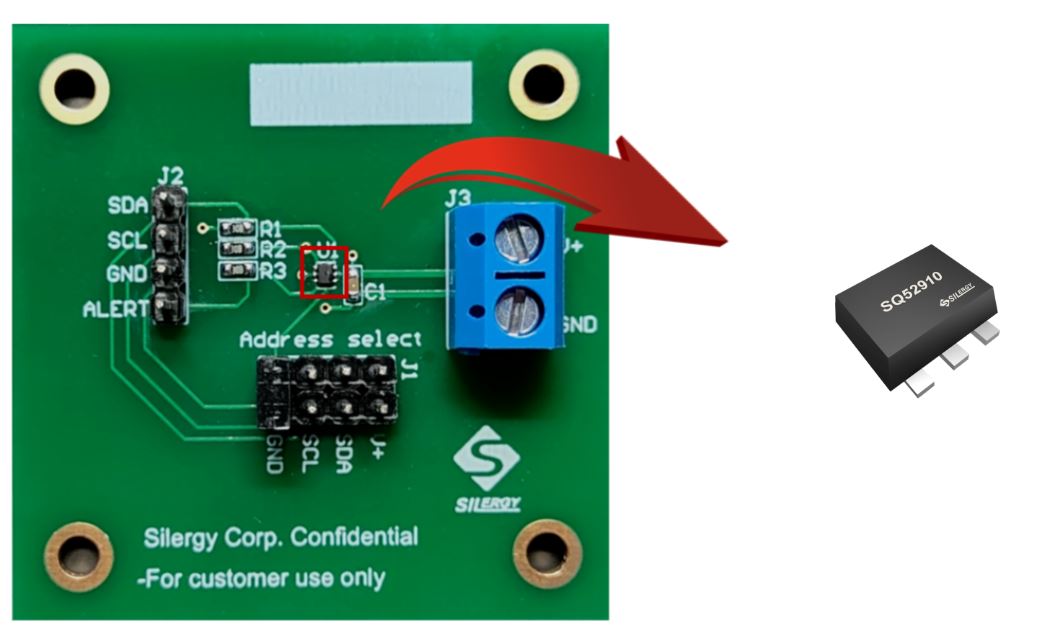
The SQ52910 offered by Silicon Power is ideal as a replacement for high-precision NTC/PTC thermistors, requiring no calibration or external component signal conditioning, and measuring accuracy up to ±0.5°C. Moreover, the temperature sensing of the device is a highly linearized product, and the temperature can be known without complex calculation or table look-up. It can operate in the 1.62~3.6V supply voltage range, and the maximum quiescent current is 10µA over the entire operating range. The SQ52910 adopts the ultra-small SOT563 package with a package size of only 1.6×1.6mm.

Siemens launched the Symphony Pro platform, which greatly expands the verification capabilities of mixed-signal ICs. The advanced mixed-signal simulation platform can accelerate mixed-signal verification and help increase production efficiency by up to 10 times. Symphony Pro supports Accellera and other advanced digital verification methodologies. for today's leading-edge mixed-signal design

Engineers in Sydney have demonstrated a quantum integrated circuit made of just a few atoms. By precisely controlling the quantum states of atoms, the new processors can mimic the structure and properties of molecules to free up new materials and catalysts. The new Quantum circuit was developed by researchers at the University of New South Wales (UNSW) and a startup called Silicon Quantum Computing(SQC).